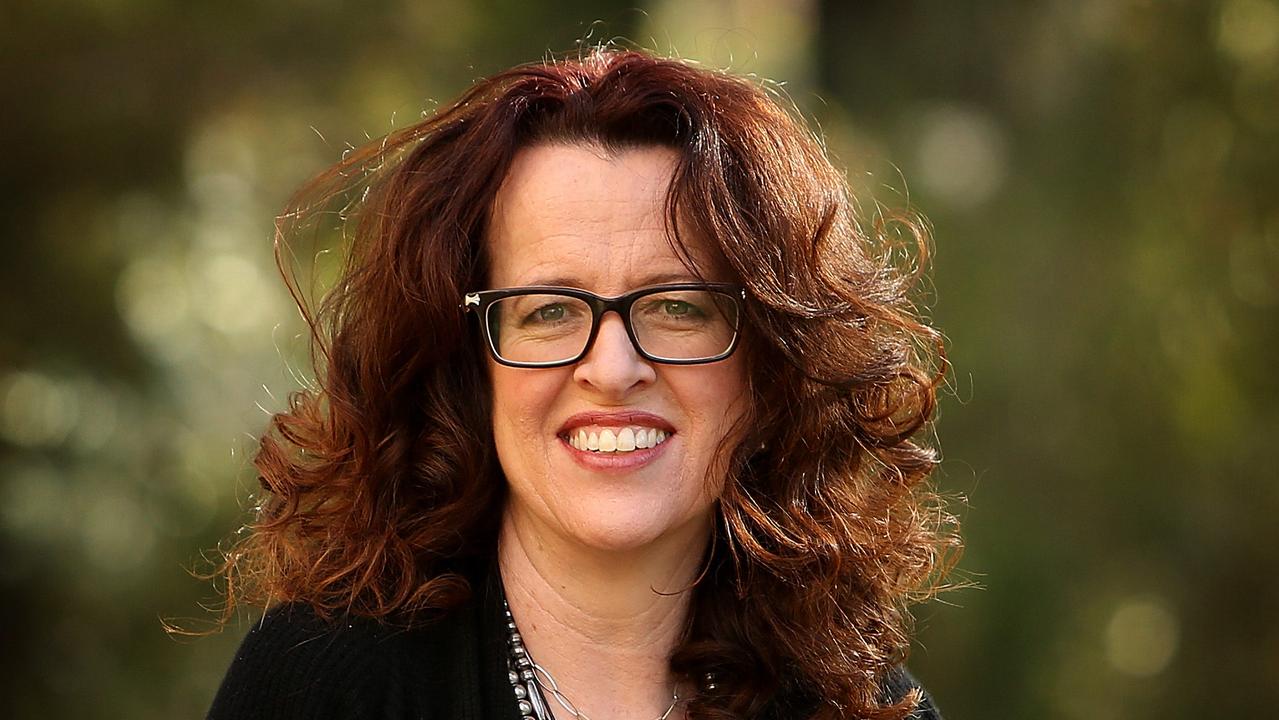Academy of Social Sciences resists government overhaul of research
A key learned academy is resisting the federal government plan to bring in non-academic outsiders to help allocate research funding.

One of Australia’s learned academies is resisting the federal government’s overhaul of university research funding, saying that the plan to give industry more voice in allocating research money is a risk to quality.
The Australian Academy of Social Sciences – which represents eminent researchers across the many fields including economics, psychology, management, law and social work – said the planned revamp announced on Tuesday of the government’s funding agency, the Australian Research Council, raised “serious concerns”.
Acting Education Minister Stuart Robert has asked the ARC to focus on economic development, tilt its funding decisions toward industry needs and include industry representatives on the committees which recommend funding allocation.
Mr Robert’s directive is likely to lead to more emphasis on applied research in ARC funding grants, although the minister was careful to say in a letter to the ARC that the government remained committed to “blue-sky” research aimed at developing new knowledge.
Under the new directives from the government, the ARC will focus over a quarter of its $800m a year research grants on the government’s six national manufacturing priorities, expand the national interest test for grant applications to include an assessment by industry and put business representatives on the ARC’s college of experts, whose members are eminent researchers and which advises on grant allocation.
“These changes are of significant concern to the academy and to the social science disciplines more generally,” the social sciences academy said in a statement.
“In particular, the proposal to expand the ARC college of experts to include people without research expertise risks diluting the peer-review processes that ensure only the best and most worthwhile research receives public funding.”
The academy said the government’s decision to direct over $200 million to the six national manufacturing priorities could damage Australia’s international standing and its research ecosystem. It said that several of the priority areas – including defence, food and beverage and recycling and clean energy – already received significant funding.
“The additional prioritisation of six already well-supported manufacturing priorities at the expense of an enormous array of new and existing research partnerships between universities and businesses in non-manufacturing industries and those addressing other social and economic challenges appears bizarre,” the academy said.
It signalled its serious concern at the plan to put outsiders on the ARC’s college of experts, a body which recommends allocation of funding within research fields.
“While the academy accepts that some level of national interest consideration is warranted in the consideration of public research expenditure and that non-researchers have a valid role to play in such consideration, the proposal to include end-users as members of the college of experts raises very serious concerns,” the academy said.
“Non-experts – even highly qualified and experienced researchers in different fields – simply lack the knowledge required to evaluate such research and, in the context of funding applications, to determine whether it is appropriately designed and resourced, and whether it adds appropriately and usefully to the existing body of knowledge.”
The incoming president of the Australian Academy of Social Sciences, UNSW economist Richard Holden, said there was a reason why scholarly research was judged by expert peers, not by non-researchers.
“I don’t see academic journals suddenly deciding to have peer review by folks outside academia,” he said.
Professor Holden said the government’s revamp of the ARC’s structure was particularly an issue for the social sciences.
He said that his academic colleagues in the physical sciences had said that in some areas research could be reasonably well assessed by non-researchers, such as practising engineers.
“In the social sciences that is less likely to be the case,” he said.




To join the conversation, please log in. Don't have an account? Register
Join the conversation, you are commenting as Logout